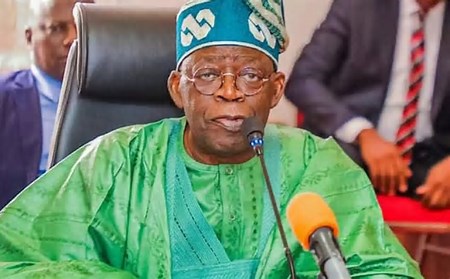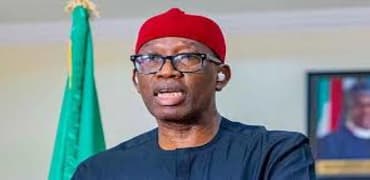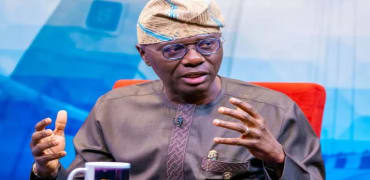FG Promises Bold Action as U.S. Hits Nigerian Exports with 14% Hike
FG Promises Bold Action as U.S. Hits Nigerian Exports with 14% Hike
By Achimi Muktar
As Nigerian businesses brace for the sting of a new 14% tariff from the United States, the Federal Government is stepping in with a bold promise: no business will be left behind.
The recently announced U.S. tariff hike, which affects a range of Nigerian exports, has sent ripples through the local economy — especially among small and medium-sized enterprises (SMEs) that have long relied on the duty-free advantages under the African Growth and Opportunity Act (AGOA). But according to the Minister of Industry, Trade and Investment, Dr. Jumoke Oduwole, Nigeria is not taking this economic blow lying down.
In a statement released on Sunday, Dr. Oduwole acknowledged the serious threat posed by the tariff — particularly to non-oil sectors such as agriculture and fertilizer production. With Nigeria’s annual exports to the U.S. valued at between $5 billion and $6 billion, and over 90% of that coming from crude oil and mineral fuels, the squeeze on non-oil goods could jeopardize the country’s push for diversification.
“Our response is strategic and forward-looking,” she said. “We will not only protect our businesses but also leverage this challenge to strengthen our position in regional and global trade.”
Oduwole revealed that the Tinubu-led administration is taking urgent steps to cushion the impact of the new tariffs. These include fast-tracking the development of alternative markets, enhancing the quality of Nigerian exports to meet global standards, and initiating diplomatic engagement with both American authorities and the World Trade Organisation (WTO).
But there’s a bigger picture.
Rather than retreating in the face of protectionism, Nigeria is doubling down on economic resilience. According to Dr. Oduwole, the government is also leveraging continental platforms like the African Continental Free Trade Area (AfCFTA) and the Pan-African Payment and Settlement System (PAPSS) to deepen intra-African trade and reduce dependency on Western markets.
“Our long-term goal remains the same,” she said. “To build a diversified, export-driven economy that thrives beyond oil and stands strong in the face of global shocks.”
While the tariff hike may present a serious hurdle, the government’s message is clear: this could be the wake-up call Nigeria needs to unlock new markets, strengthen its supply chains, and finally turn its economic diversification dreams into reality.





















